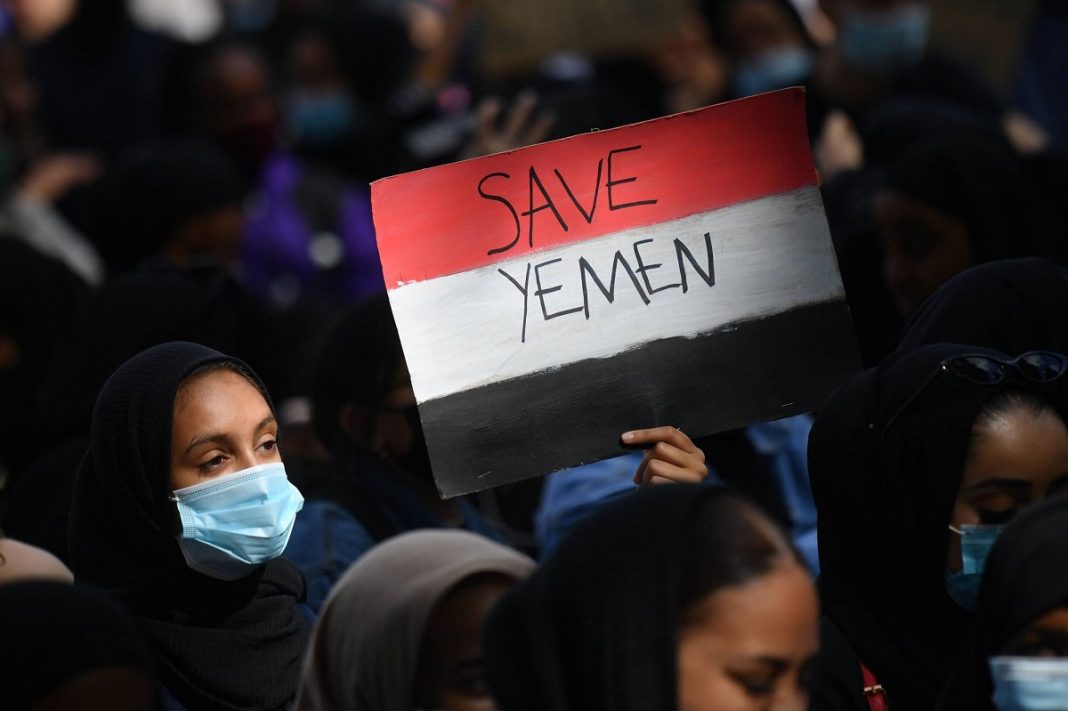“The true toll of this conflict is likely to be far higher,” noted the children’s agency UNICEF about the casualties of the world’s worst humanitarian crisis.
About 2.2 million Yemeni children are acutely malnourished, one quarter of them aged under five, and most are at extreme risk from cholera, measles and other vaccine-preventable diseases, UNICEF added.
UNICEF executive director Catherine Russell stated, “Thousands of children have lost their lives, hundreds of thousands more remain at risk of death from preventable disease or starvation.”
“The urgent renewal of the truce would be a positive first step that would allow critical humanitarian access,” Russell continued.
“Ultimately, only a sustained peace will allow families to rebuild their shattered lives and begin to plan for the future,” she stressed.
The UN agency also announced 3,904 boys had been recruited into the fighting over the years, and that more than 90 girls had been given roles including working at checkpoints.
UNICEF appealed for $484.4 million in funding to tackle the humanitarian crisis.
Saudi Arabia launched the devastating war on Yemen in March 2015 in collaboration with its Arab allies and with arms and logistics support from the US and other Western states.
The objective was to reinstall the Riyadh-friendly regime of Abd Rabbuh Mansour Hadi and crush the popular Ansarullah resistance movement, which has been running state affairs in the absence of a functional government in Yemen.
While the Saudi-led coalition has failed to meet any of its objectives, the war has killed hundreds of thousands of Yemenis and spawned the world’s worst humanitarian crisis.
